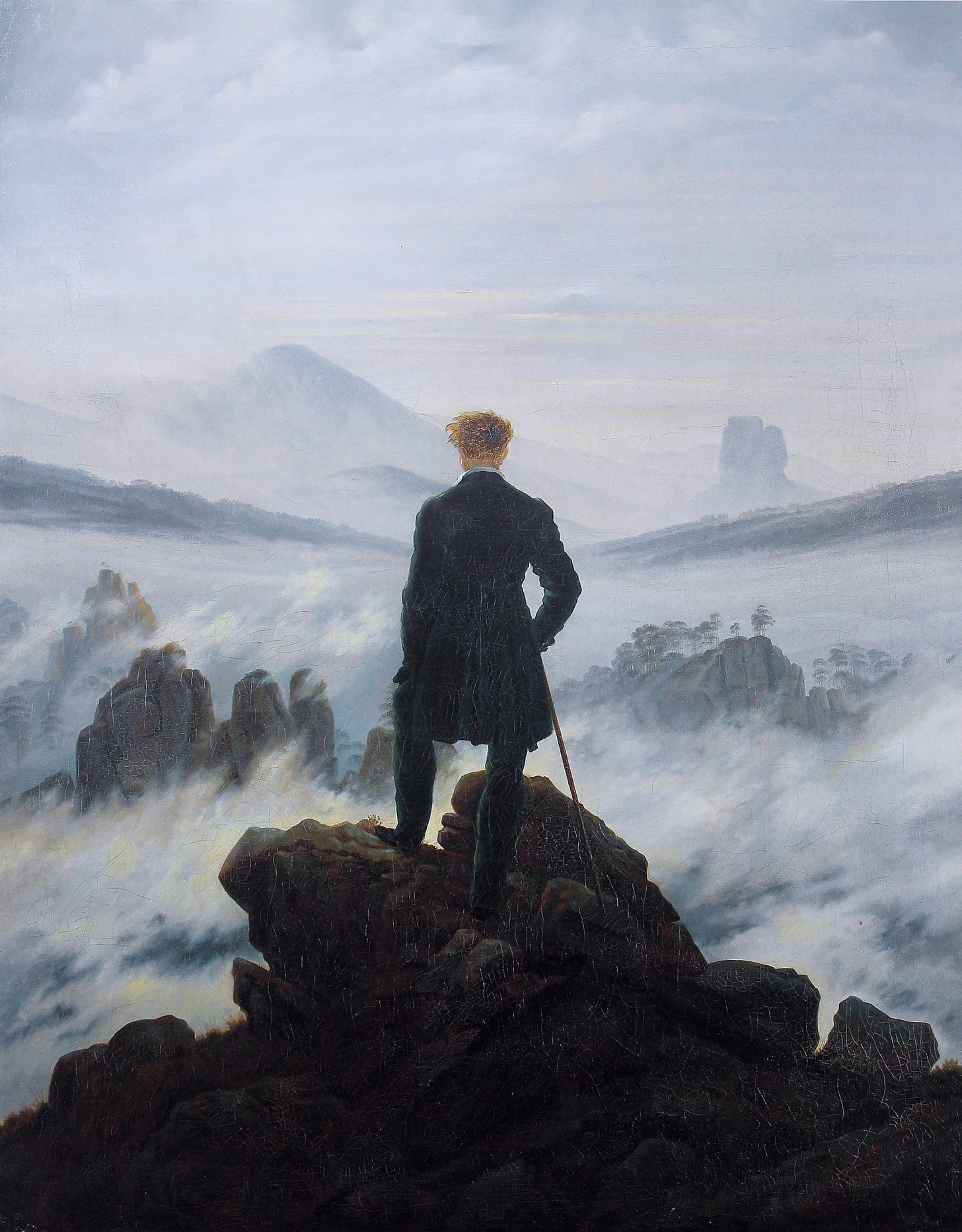When I hear the word nationalism, my mind goes first to the horrible history of Hitler and the Holocaust. One of the worst massacres in modern history is due to one man’s über nationalism against Jews. This is often rightly described as racism, but lately I have been considering it more in the light of nationalism.
Nationalism is not innately sinful—there are admirable qualities such as patriotism, loyalty, and love for neighbor that drive a passion for one’s heritage and country. The people of any given area develop traditions and mannerisms through thousands of years, teaching them to their children and participating in them in the community. We do not describe the Chinese New Year or Venice’s Carnivale as sinful or problematic: they are generally celebrated and beloved by their people as a cultural legacy.
This is how I have always viewed Germany growing up—with great fondness for its language, its history, its authors, and its customs (I dream of hosting my own great Oktoberfest yearly). Germany as a whole is the only country I have visited that feels like home. It has all of home’s comforts and its people have an innate familiarity to me. I have family who have lived in Germany and German family who have lived with us. My son has our German heritage echoed strongly in his name (Klaus Gerhardt Wagner).
However, none of Germany’s beauties can erase the Holocaust. Nothing can erase the Holocaust, and nothing should. It is tempting already to push it into the past and to move on from it as though it is ancient history, but it is not. When I taught grade school, we hosted an Olympics week, in which students of all grades could compete and win points for their team, resulting in prizes at the end of the week. When I read out loud each student’s team, one of my fifth graders broke down. He was so angry he couldn’t speak, and refused to participate in any of the week’s activities. The temptation in these situations is to ignore or punish the outbreak, but that would have been wrong. He was assigned to Germany, but he was a Jew. To him, Germany was synonymous with the Holocaust (the same Holocaust that had thrown his grandfather into a concentration camp). To be honest, I cannot remember the exact words we spoke, but he sat in my classroom after the period ended and we talked. A German and a Jew—one of his favorite teachers and one of my favorite students. He calmed down listening to me talk about the good of Germany and I listened to him talking to be about the evil of Germany. In the end, he was even willing to compete on Germany’s team once he learned that there was some good in its history.
We cannot forget the Holocaust, but we cannot forget Germany itself as well. J. R. R. Tolkien wrote this in a letter during World War II:
“I have in this War a burning private grudge—which would probably make me a better soldier at 49 than I was at 22: against that ruddy little ignoramus Adolf Hitler (for the odd thing about demonic inspiration and impetus is that it in no way enhances the purely intellectual stature: it chiefly affects the mere will). Ruining, perverting, misapplying, and making for ever accursed, that noble northern spirit, a supreme contribution to Europe, which I have ever loved, and tried to present in its true light.”
There is a great, noble northern spirit, and Nazism is merely the perversion and misapplication of this spirit. It is a great horror to take the beauty of community, the beauty of country, and pervert it by making it an idol, by forcing it upon others. We must not view Germany as perfect, but we also must not equate it only with the Holocaust.
Likewise, we must see the beauty in perverted places, just as we watch for perversion in beautiful places. I have often felt the need to defend my passion for Russia, due to its current political climate, but the truth of the matter is that I love the Russian people, the Russian language, and its literature and culture, not the perversion of its government. I love the diversity of its writers and the passion of its people while I mourn its pitfalls and corruptions as I see them affect the countries around them.
Can nationalism be good if we are not actively considering both sides, though? If we view our country as only good, as just, as superior to all others in every way, whose footsteps are we following in? What have we chosen to ignore and overlook? If we despise our country and hate its people, whose voices have we silenced and whose efforts have we discounted? When I think about patriotism, I have begun to ask myself what I must own up to, not only what I can be proud of.





